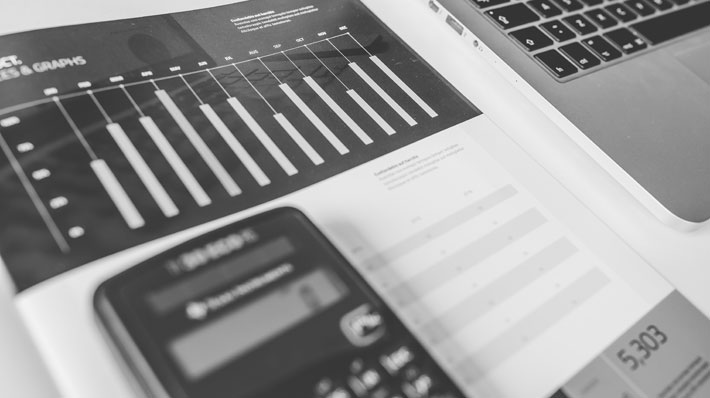Why you Should Keep your Business and Personal Finances Separate

When you decide to start your own business, you’ll undoubtedly have a lot to think about; marketing yourself, securing funding, and investing in resources. Setting up a dedicated business bank account can seem like an excessive extra step, especially if you’re starting out. However, you shouldn’t turn your nose up at the notion, as it can increase the opportunities open to your business and potentially, make it easier to manage while filing accounts and should the worst happen, and the business encounters financial trouble.
More professional and easier to manage
First and foremost, separating your business and personal funds into separate, dedicated accounts is more professional than having everything going in and out of a single account. It also makes it easier to keep track of your transactions and reduces the chances of a hefty business outgoing dragging you into your overdraft. Separating your transactions will also make things easier when it’s time to file your company’s tax returns; payments to and from the business will be separate, reducing the chances of getting them muddled up.
You could hire a professional accountant if you can afford one; as this will take a lot of the weight of filing and managing your accounts off your shoulders.
More opportunities
Most businesses will benefit from having a dedicated credit card, and even when a business is out of its start-up stage, it may still benefit from specialist business loans.
While business bank accounts are seldom free, some banks won’t even allow you to use a personal current account for business transactions. Even with the added price, opening one of these accounts can make you eligible for more opportunities, such as business credit cards, business loans and a wider range of payment methods and services.
Fewer problems in insolvency
A business becoming insolvent, without the finances to cover its liabilities is every business owner’s nightmare. Although it doesn’t always mean the end of a business, many in this predicament will worry if their personal finances will be affected by their business’ troubles.
If you’re the director of a limited company and have borrowed or used money from the company for personal purchases without repaying it, you’ll have an overdrawn directors loan account. Should the worst happen and you’re forced to liquidate the company, the liquidator could pursue you for this unpaid amount.
To add an extra level of protection, you could incorporate your business as a limited company. One of the benefits of doing so is a defined legal barrier is established between your business and personal finances, meaning if the business is in debt, your personal finances won’t be affected in most circumstances. Limited liability also allows you to apply for more repayment plans and arrangements to clear your company’s debts.
Summary
Even if you’re the most organised person in the world, it’s good practice to separate your business’ finances from your own. It’s a more professional way of operating and makes your finances easier to track and manage. Your scope for opportunities in expanded, with more loans and credit options becoming available if you have a dedicated business account. If you go the extra step and incorporate your business as a limited company, it can act as a safety net should the business encounter financial difficulty. It legally separates your personal funds from your company finances and takes away your personal liability in most cases.










